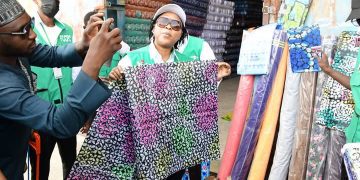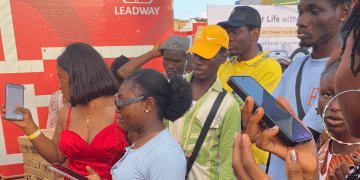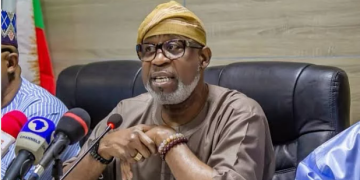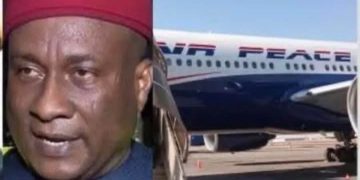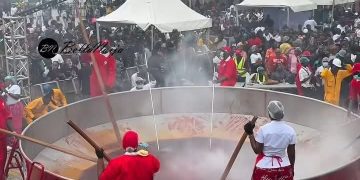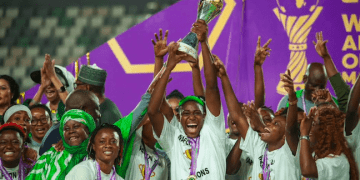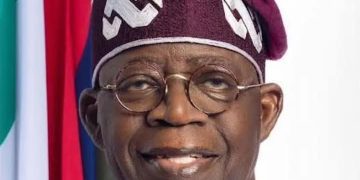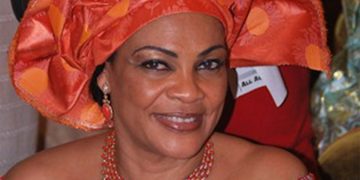Fresh fighting in South Sudan pushes the country to the brink once again and exposed the wider region to risk of spillover – effect amid the backdrop of a worsening humanitarian situation, according to senior UN official.
The country has been bogged down by internal conflict since gaining independence in 2011. The crisis marked by inter-communal strife,
ethnic tensions and clashes between groups have led to deaths, displacement of millions and frightening humanitarian challenges.
Considered as one of the poorest in the region, South Sudan has been gripped by renewed violent political instability as 7.7 million of South Sudan’s roughly 12 million people faced high levels of food insecurity between April and July, the United Nations said.
With much of the population vulnerable to acute climate shocks and the impact of spillover from neighbouring Sudan’s conflict acutely felt, 83,000 people in South Sudan are at risk of “catastrophic conditions.”
“There is a concern that the current military posture and ongoing operations will spur more violence and exacerbate inter-communal conflict,” UN Assistant Secretary-General for Africa, Martha Pobee, told the Security Council.
“If this trend continues, it will likely lead to a shift in conflict dynamics, from subnational and community-based violence to a more complex landscape shaped by ethnic divisions involving signatory parties and other actors, including those from neighbouring countries.”
Last month, clashes erupted between the Ugandan People’s Defence Forces and South Sudanese troops in South Sudan’s Central Equatoria state, claiming six lives.
Uganda has a history of involvement in impoverished South Sudan and has long provided military support to President Salva Kiir, including a deployment of special forces since March.
South Sudan is seeing an upsurge in politically and ethnically driven violence even as it struggles to recover from a civil war between 2013 and 2018 that left around 400,000 dead and four million displaced.
“The 2018 peace accord, which brought an end to the previous civil war, appears to be collapsing. The terms of that settlement required President Salva Kiir to work in concord with his rival, first vice president, Riek Machar and others,” International Crisis Group Africa program director Murithi Mutiga said.
“That accord was effectively terminated when President Kiir placed the former vice president under house arrest on March 26.”
Officials have said they are committed to holding elections by December 2026, but experts warn that the conditions on the ground are not yet right for credible polls.
“South Sudan’s political leadership… must act in good faith, refocus on the implementation of the Agreement, and lay the groundwork for credible and peaceful elections in December 2026,” Pobee said.
“Failing this, the risk of a relapse into widespread violence will only grow against the background of an already unstable region.”
– Agency Report

